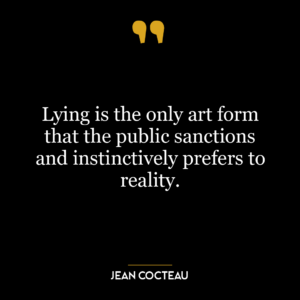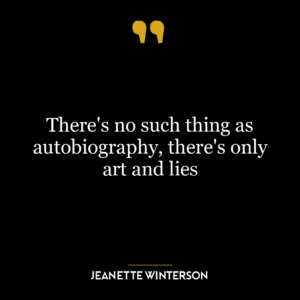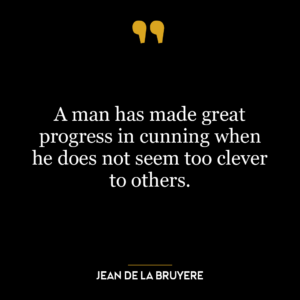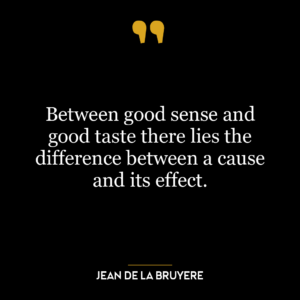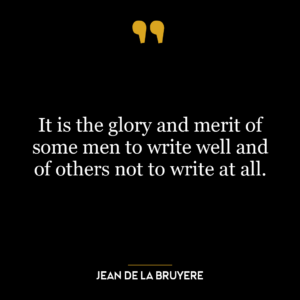This quote suggests that morality, which is typically viewed as a guiding principle for right conduct, can also be used manipulatively, much like a burglar’s tool. The merit of this tool, however, is that it is never left behind at the scene of the crime, meaning that the misuse of morality often goes unnoticed or unchallenged.
In essence, Kraus is highlighting the fact that morality can be twisted and used for personal gain or to justify wrongful actions. People can hide behind the guise of morality, using it as a shield to protect themselves from criticism or blame. Because morality is subjective and varies from person to person, it can be easily manipulated and used to serve personal agendas.
In today’s world, this quote can be applied in various contexts. In politics, for instance, leaders often use morality as a tool to justify their actions, even when they may be harmful or unjust. They might use moralistic language to frame their actions in a positive light, manipulating public opinion in their favor.
In terms of personal development, this quote can serve as a reminder to be wary of how we use and interpret morality. It encourages us to question our own moral judgments and the judgments of others, and to recognize that morality can be used as a tool for manipulation. It suggests the importance of critical thinking and self-awareness in making moral decisions, and the need to be mindful of how our actions impact others. It also stresses the importance of integrity and authenticity in our moral actions, rather than using morality as a tool for personal gain.





